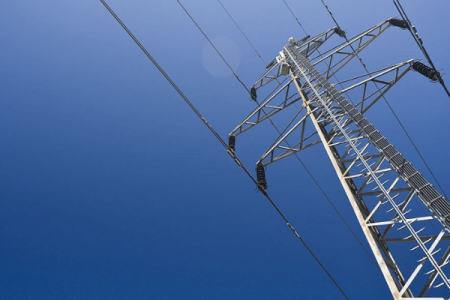By Udeme Akpan
THERE were strong indications, yesterday, that Nigeria’s next administration and Siemens Energy will have to review the agreement governing the implementation of the nation’s Presidential Power Initiative, PPI, as it has become impossible to complete the project under the current plan.
Under the PPI implementation agreement signed by Siemens Energy and the Bureau of Public Enterprises, in the presence of President Muhammadu Buhari on July 22, 2019, the initiative was structured in three phases from about 5,000 MW to 7,000 MW by 2021, increase capacity to 11,000 MW by 2023 and 25,000 MW by 2025.
Investigation by Vanguard showed that these timelines have not been met, due to many issues and problems, including the outbreak of the Coronavirus pandemic in 2019 and 2020, which disrupted manufacturing globally as well as prolonged delays of imported components at the Lagos port.
It was gathered that of the 10 transformers Siemens Energy shipped to Nigeria; two were released and installed while eight were yet to be cleared from the Lagos port.
A reliable source close to the project, who pleaded anonymity, said: “The original manufacturing, shipping, installation and inauguration timelines are no longer relevant. This has also affected costing and requires review. The next administration should and Siemens Energy should review the project.”
Also exclusively to Vanguard, the Managing Director of FGN Power Company, Mr. Kenny Anuwe, that put phase one implementation at 80 per cent, stated: “The Pilot Project is a quick-win intervention strategy, which will unlock immediate constraints in the Nigerian Electricity Supply Industry (NESI) through the deployment of Ten (10) Power Transformers and Ten (10) Mobile Substations across the country.
“FGN Power Company has received delivery of about 80% of the equipment for the pilot projects, which are being deployed to critical sites across the country to improve power transmission capacity. Some of the sites include Apo, Ajah, Okene, Nike Lake, Kwanar Dangora, Maryland, Omouaran, Ojo, Amukpe, Ihovbor, Potiskum, Birnin Kebbi, amongst others.
“The successful implementation of projects under Phase 1 will culminate in the delivery of an additional 2000MW, 2 million new connections to the national grid, training of over 5000 engineers to operate the system network, and improved electricity access to millions of Nigerians.
“The installation of the 60MVA Siemens power transformer at Apo Transmission Substation, Abuja was widely publicized, and it is enough evidence that the project is going and will continue to deliver upgraded and expanded electricity supply for the socio-economic benefit of Nigerians.”
Source: Vanguard








